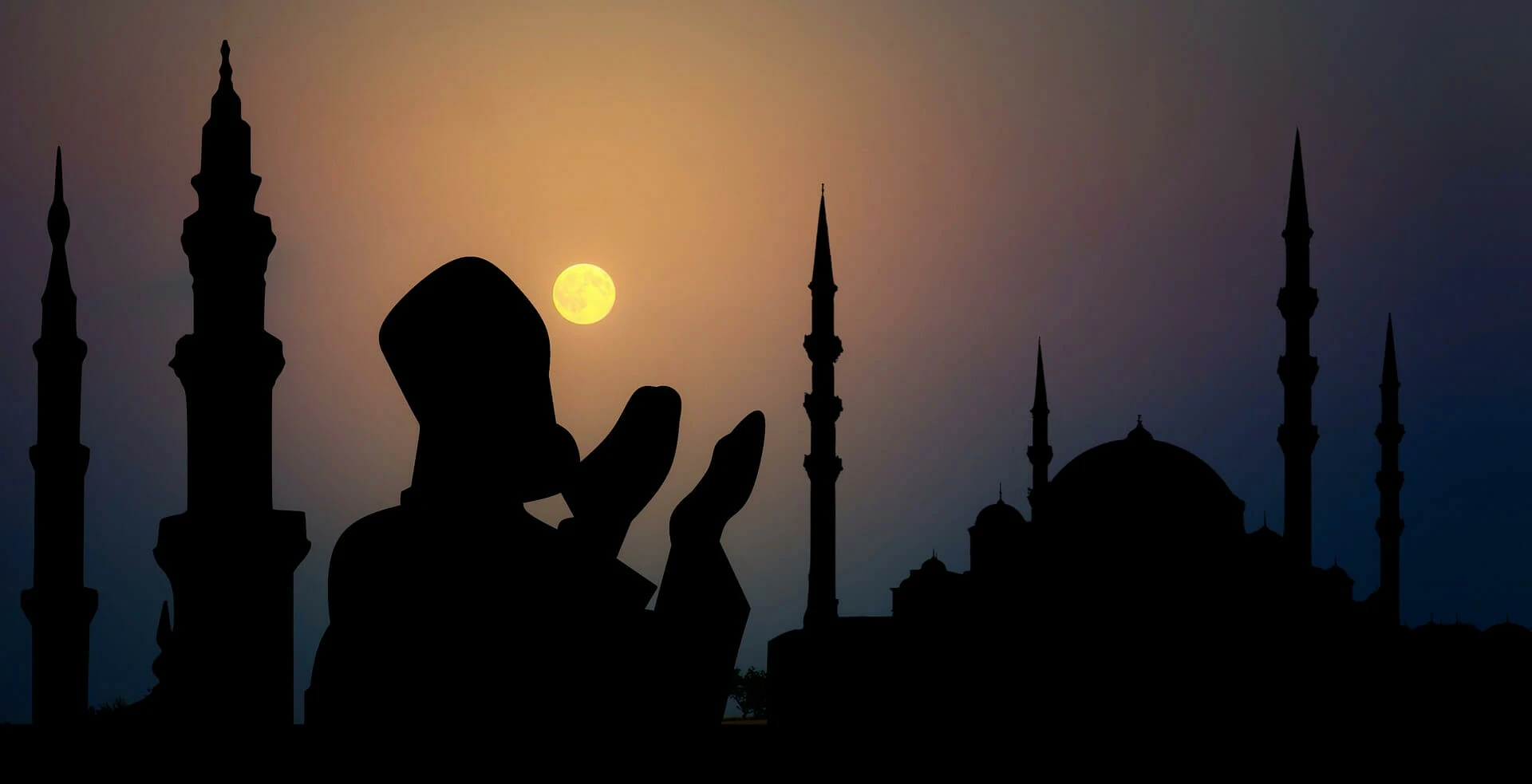Certainly! The last 10 days of Ramadan are a special time for increased devotion, worship, and reflection for Muslims around the world. Here are five recommended habits to practice during this blessed period:
Increased Worship and Night Prayers (Qiyam al-Layl/Tahajjud)
Abu Huraira reported: The Messenger of Allah, peace and blessings be upon him, said, “Seek the night of Qadr in the odd nights of the last ten nights of Ramadan.” (Sahih Bukhari).
Action: Engage in extra prayers such as Tahajjud, Taraweeh, and other voluntary prayers during these nights, seeking the Night of Decree (Laylat al-Qadr).
- Recitation and Reflection on the Quran
The Prophet Muhammad (peace be upon him) said, “The fast and the Qur’an are two intercessors for the servant of Allah on the Day of Resurrection. The fast will say: ‘O Lord, I prevented him from his food and desires during the day. Let me intercede for him.’ The Qur’an will say: ‘I prevented him from sleeping at night. Let me intercede for him.'” (Ahmad)
Action: Increase your recitation and reflection on the Quran during these days, pondering its meanings and trying to implement its teachings in your life.
- Charity and Sadaqah
The Prophet Muhammad (peace be upon him) was the most generous during Ramadan. (Sahih Bukhari)
Action: Give in charity generously during these days, seeking the multiplied rewards of Ramadan. Look for opportunities to help those in need, whether through monetary donations, providing food, or assisting in any way you can.
- Seeking Forgiveness (Istighfar)
The Prophet Muhammad (peace be upon him) said, “Whoever fasts Ramadan out of faith and seeking reward, his previous sins will be forgiven.” (Sahih Bukhari)
Action: Increase your repentance and seeking of forgiveness during these days. Make it a habit to say Istighfar (seeking forgiveness) frequently, recognizing your mistakes and asking Allah for His mercy.
- Dua (Supplication) and Personal Reflection
The Prophet Muhammad (peace be upon him) said, “There are three whose supplication is not rejected: the fasting person when he breaks his fast, the just leader, and the supplication of the oppressed person; Allah raises it up above the clouds and opens the gates of heaven to it. And the Lord says: ‘By My might, I shall surely aid you, even if it should be after a while.'” (Tirmidhi)
Action: Take time each day to make sincere Duas, asking Allah for your needs, guidance, and forgiveness. Reflect on your own shortcomings and make intentions for positive change beyond Ramadan.
These habits are supported by the teachings of Islam and the traditions of Prophet Muhammad (peace be upon him). May these last 10 days of Ramadan be a source of spiritual growth and blessings for you.

